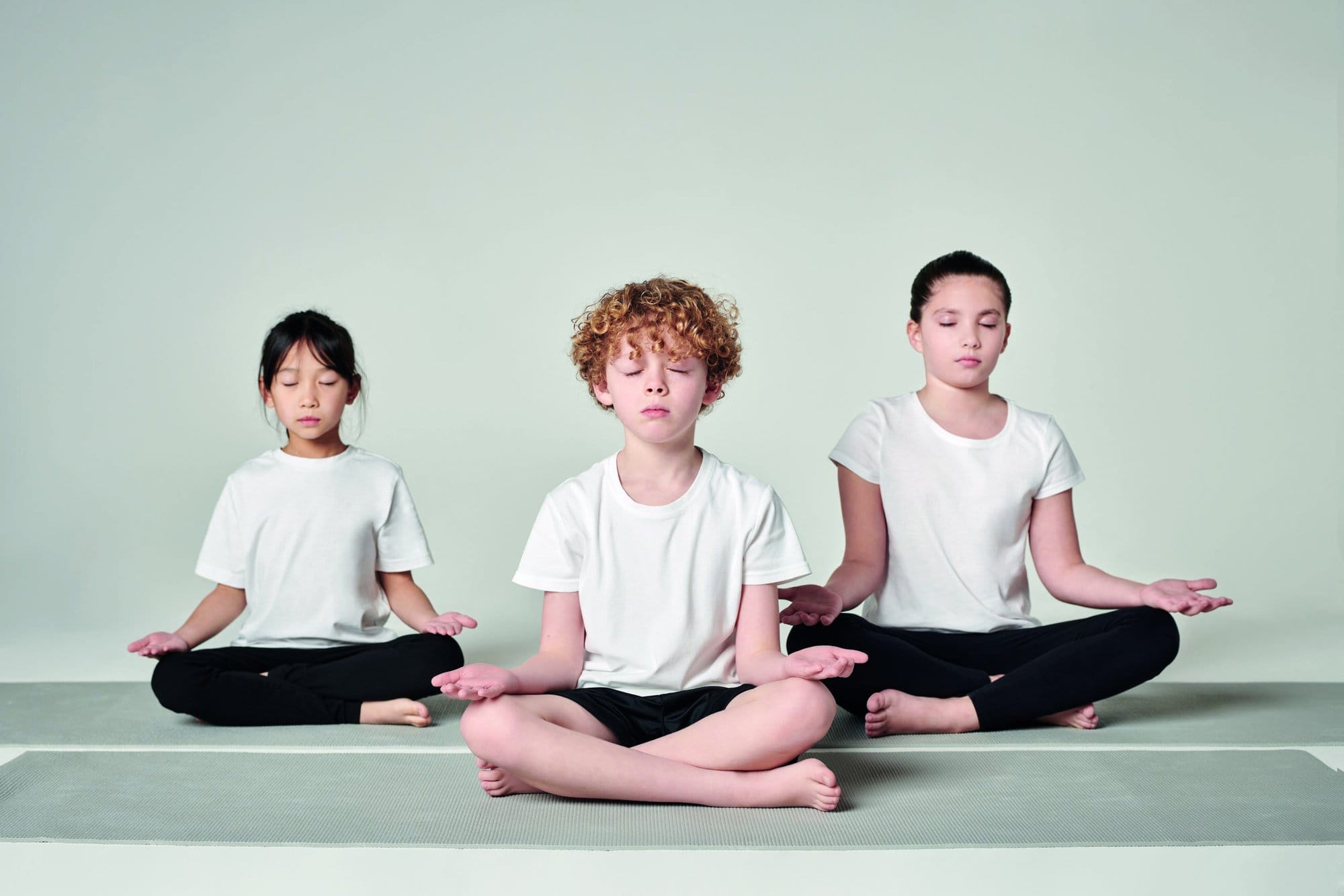
Positive Vibes
Simple tips and ideas on how to counter our natural negativity bias with positivity. By Francesca Kastelanides
Why is it that as humans we allow negative comments or negative events to affect us and influence us so much more than a positive comment, compliment, or event? Psychologists refer to this as negativity bias. “Our brains are wired to scout for the bad stuff,” says psychologist and author Rick Hanson.
Negativity bias means that we feel the sting of a rebuke more powerfully than we feel the joy of praise. Not only do negative events and experiences imprint more quickly, but they also linger longer than positive ones. In other words, for a multitude of reasons including biology
and chemistry, we’re more likely to register an insult or negative event than we are to take in a compliment or recall details of a happy event.
So many kids miss out on life because they worry so much about what people might say or do that it can have a crippling effect on their wellbeing. For example, you may be at a party having an amazing time and then suddenly someone bumps into you and spills their drink all down you.
You may end up remembering that day for the accident, categorising the day as a negative experience even though the entire evening was actually positive. Or, your teenage daughter has just come out of the hairdressers with a new hairstyle, that she loves. If she gets five positive compliments and one negative comment, she is more likely to fixate on that one negative opinion; in the future her thoughts about that hairstyle will be tainted by that one, single comment.
But the good news is that we can overcome this vicious circle of insecurity, anger and all the other negative emotions that follow. The most important factor is not what other people say to us but how we talk to ourselves. It’s not the reviews we get from others but how we review ourselves. Of course, it is important to take into consideration the opinions of those around us that we value and listen to what is being said. But it is how we interpret that information that is key; how we talk to ourselves about our experiences.
Being mindful of the perception we have of what is being said and how it is affecting our thoughts is crucial. Putting effort into truly focusing and valuing all the good and positive aspects of our life will help you overlook the negatives. If you challenge yourself to be mindful of your daily activities and thoughts, making a point to notice what is important and what isn’t, then you are more likely to have positive life experiences.
And even if you are facing a multitude of negative situations at a certain point in your life, if you can try to appreciate every positive moment — however small — then you will start overriding that natural notion of negativity bias.

Here are some ways to counterbalance our predisposition towards negativity:
• Create rituals where you focus on the positive. Every night at dinner ask each other: “What was the best thing that happened to you today?”
• The three-minute breathing space is a good step to take if you find yourself being drawn into the vortex of negative thoughts or feelings. Inhale for the count of three, hold your breath for the count of three and exhale for the count of three.
• Reflect: If there is a negative self-dialogue going on in your head, approach it as if you were talking to a friend. Be kind and ask yourself questions like: “Why are you so angry?”, “Is this comment actually true?” and, if not, “Why am I allowing it to trigger me?” or, if yes, “What can I do
to adjust/alter?” The idea is to interrupt yourself and change the narrative but also react to your opinion and not others. Writing your feelings and thoughts down can also be helpful for getting the negative feelings out of your head.
• Don’t overanalyse everything. Sometimes just moving, shifting the energy will allow you the space and time to look at a situation with a different perspective. When you feel yourself doubting yourself, try the five senses meditation. The goal of this exercise is to bring you into the present moment:
Take a deep breath, notice and name five
things you can see.
Take a deep breath and notice and name
four things you can feel.
Take a deep breath and notice and name
three things you can hear.
Take a deep breath and notice and name
two things you can smell.
Take a deep breath and notice and name
one thing you can taste.
• Practice gratitude with your kids. There is science behind the idea that even two minutes of reflection on the good things in our life can lift a mood. A fun activity is creating a Gratitude Photo Challenge. All you need is a camera. The challenge is to spend a week taking photos of things that you are grateful for. You could leave the subject open or maybe set a theme for each day, for example: Monday: nature; Tuesday: friends and family; Wednesday: food and drink; Thursday: an object of beauty; Friday: something or someone inspiring; Saturday: toys and tech; Sunday: anything.
At the end of each day spend some time sharing photos and talking about them and then at the end of the week get all your photos together and discuss them in a bit more detail, talk about the feelings and emotions these photos and memories conjure. Focus on all the happy moments and feelings you have created for yourself and also how people’s opinions and likes and dislikes are very personal, and as long as you are happy with yourself then that is what is important.
It is impossible for anyone to feel perfectly happy all the time. We are all bound to feel negative every once in a while. Fortunately, our thoughts and feelings are not permanent and there are so many ways to love, accept and feel good about ourselves.
As Eleanor Roosevelt famously said: “No one can make you feel inferior without your consent.”


